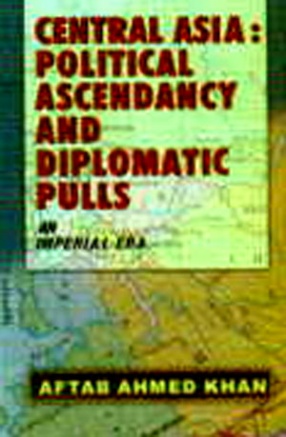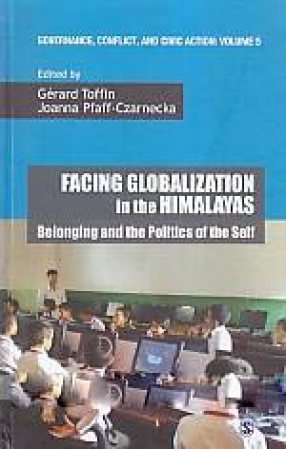During nineteenth century, the Central Asian region was subjected to imperialistic intervention and suppression by two ever-expanding powers of Europe i.e., Russia and Britain. The extensive expansion was carried out with all their added responsibilities and administrative skill. The British, after subjugating the Sikh empire in India and the Russians after defeating the Khanates of Central Asia, reached the borders of Iran, Afghanistan and Xinjiang (a newly carved-out state on Chinese soil by the Amir who come from the main lands of Central Asia).
The strategic environment at times presented a unique image of fear, mistrust and threat perceptions. British owing to its global power consciousness attempted hard to maintain its predominant position after out-manoeuvring the Russians and the Chinese. The Russians attempted to frustrate the British bids in connivance with China. The Chinese meanwhile attempted to forestall both owing to its past and bitter experiences with the European powers. The remaining states of Central Asia i.e., Iran, Afghanistan and Xinjiang desperately tried to play one power against the other, with a view of maintain their sovereign position. The unique strategic compulsions presented a phenomena of crises like situations and their management. The book contains the records of threat perception and the interesting models of foreign policy operations of three powers of Britain, Russia and China alongwith foreign policy objectives of Iran, Afghanistan and Xinjiang.






There are no reviews yet.